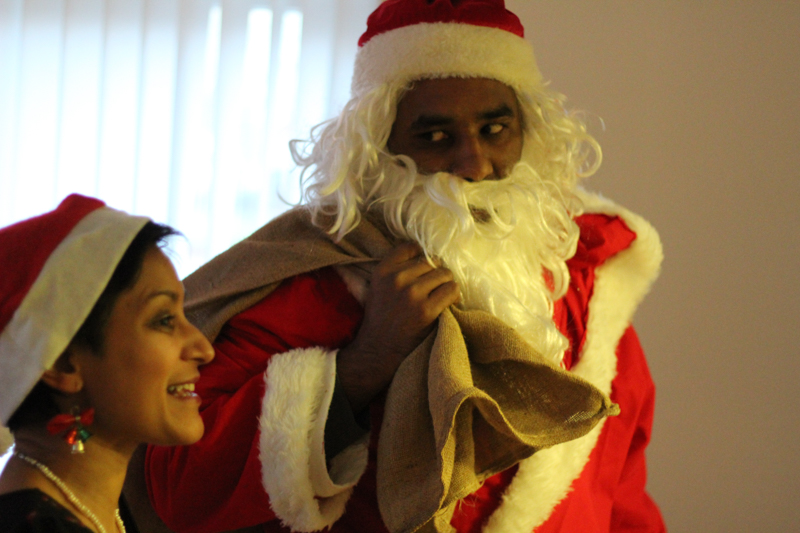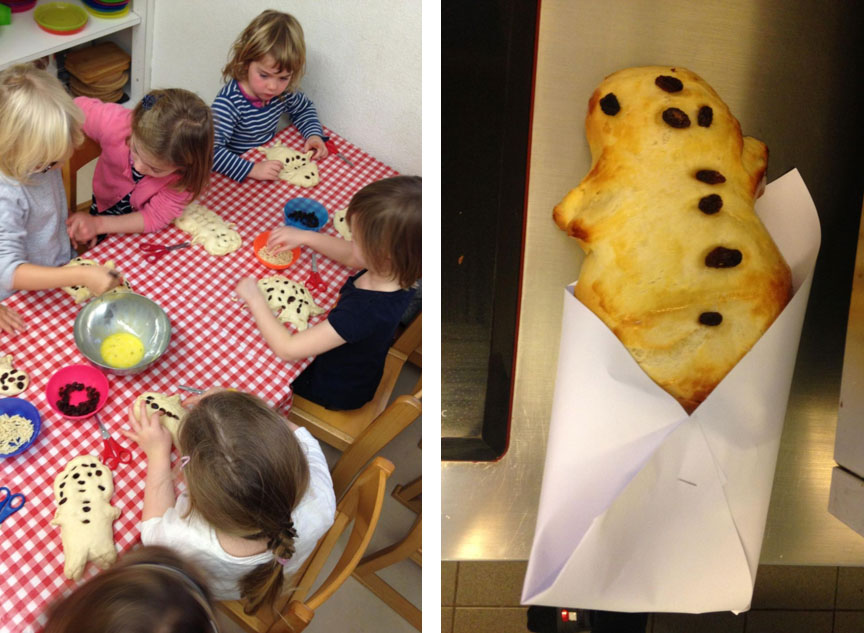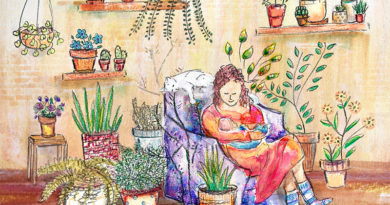School Traditions in Switzerland
School traditions often remain obscure to parents who move abroad, even after we have started to learn a new language, and even if we have the energy and are brave enough to ask other parents or even teachers how things are done in schools here. One way of asking might be: how did this custom became a custom? When did it start? Does anyone know?
When my child went to our local school in German-speaking Switzerland, I wanted to work out what the school traditions were so I could fit in. It wasn’t very obvious. This was a decade ago, and I was told my son was required to bring the same shape school bag as everyone else (no backpacks!), but there were no policies I could find and no list of written rules. There were no school assemblies, no uniform, and I did not know the name of the head of the school for several years! In my son’s first year there were no events for the parents of the school at all, if there were we did not receive the invitations…and even more strangely to me, coming from the stratified British system, it was hard to work out how the school had developed even in the recent past. There was no written history available of that individual school. Even now, few state schools have a school brochure, let alone a website.
Therefore, even in the ultra-international city of Zurich, it can be difficult for parents to find a sense of school community without speaking Swiss German, the language of the Elternrat (the Parents’ Council). If there is an event at the school it may well be one of only a few in the year. Although some schools have an active Parents’ Association, many do not. New families need to know that feelings of being outside your community will not necessarily be helped by your child attending a Swiss state school or learning Swiss German!
Only after living in Zurich for several years did I come to understand this apparent lack of school traditions. Like in France and elsewhere in Europe, state schools concentrate exclusively on teaching the curriculum in set lessons. There are few extra-curricular clubs or activities at most primary schools. However proud my Swiss friends may be of their education system, when both parents work, many (in my part of town) use private Swiss schools where full day and pastoral care are the norm. However, Swiss traditions are important at home and in the community – people just don’t gather for traditional events much in schools.

Unless you know where to go in your neighbourhood, you might miss a few parties and quite a few local traditions. This first dawned on me when I saw the local Räbeliechtli parade out my flat window one November night. Carrying lanterns, with some singing and playing on musical instruments, a procession of people, mainly families, were advancing up my street. It turned out, I discovered a few years later, that the lanterns were actually made from turnips!
Turnips are harder to cut into than pumpkins, and I felt unsure trying to produce one on my own the first time I wanted to join in. I had no tradition of seeing it done every year behind me. I found out that I could only share the pleasure and the pain of cutting into those dastardly tough vegetables in company if I could join a group of women cutting them together in the Gemeindehaus one morning mid-week. I had been in Switzerland for five years by then, and was working, so I decided to focus on traditions that were possible to enjoy in my time off, such as candle-dipping after school (beginning before the first Sunday in Advent and often continuing till Christmas). That was one I could teach myself! Nowadays a working parent might find a turnip-cutting session on a Saturday in Zurich, and at the Children First international kindergarten we introduce parents to the art of turnip-cutting as part of our integration programme for newcomers to Zurich. Private schools are more likely to introduce new parents to such cultural traditions in the school.

If you have pre-school age children or they are in creches (Krippen), you will be able to find out from other parents where to go to visit Samichlaus, or St Nicholas, at the start of December. The children might eat Grittibänz bread men together or bake Guetzli (cookies) in their after-school club (Hort) or daycare. If you have older children, do join a Swiss Verein (association), where you will be part of a series of events or activities relating to that particular sport or hobby. I stumbled across an orchestral Verein near where we first lived in the city, which fed us with a set of (rather rarified) Swiss traditions for many years. I happily went along to hear my son’s brass and percussion band play in the streets of Zurich and chose some other more international Vereine, where we were not in such a striking minority, to belong to alongside this one!
So do not worry if the only school tradition you seem to catch is the Advent singing before Christmas, or if you only get minimal information about any other tradition in your local school. The building of a school identity may not be quite as important here, and there may be fewer values you are expected to share and fewer events to miss at school! In contrast with schools that offer full days, including lunch on-site and extra-curricular sport or music, as in the UK or U.S., a Swiss school may simply not be the centre of our children’s lives. Activities outside school are given greater cultural weight, and your children’s friendships in the long term, if they stay in the Swiss system, may be centred on chosen activities at the weekend or their hobbies rather than your local school.
By Monica Shah Zeeman
Monica is the founder of Children First Association, a non-profit bilingual Verein supporting international families in Zurich since 2006. Children First offers classes for children up to age seven, a day nursery ages zero to two, Montessori pre-school for ages two to four and a private kindergarten for ages four to six. This year she has opened fit4school Zürichberg, a new tutoring centre for students in Swiss schools, ages seven to 18. www.childrenfirst.ch https://fit4school.ch/zuerichberg/
Photo credit: Children First
Here are some links in case you’d like to know more about Swiss traditions.
Christmas traditions
Traditional recipes
- https://www.familymattersswitzerland.ch/christmas-cookies-swiss/
- https://www.familymattersswitzerland.ch/traditional-swiss-christmas/
Candle-dipping locations




